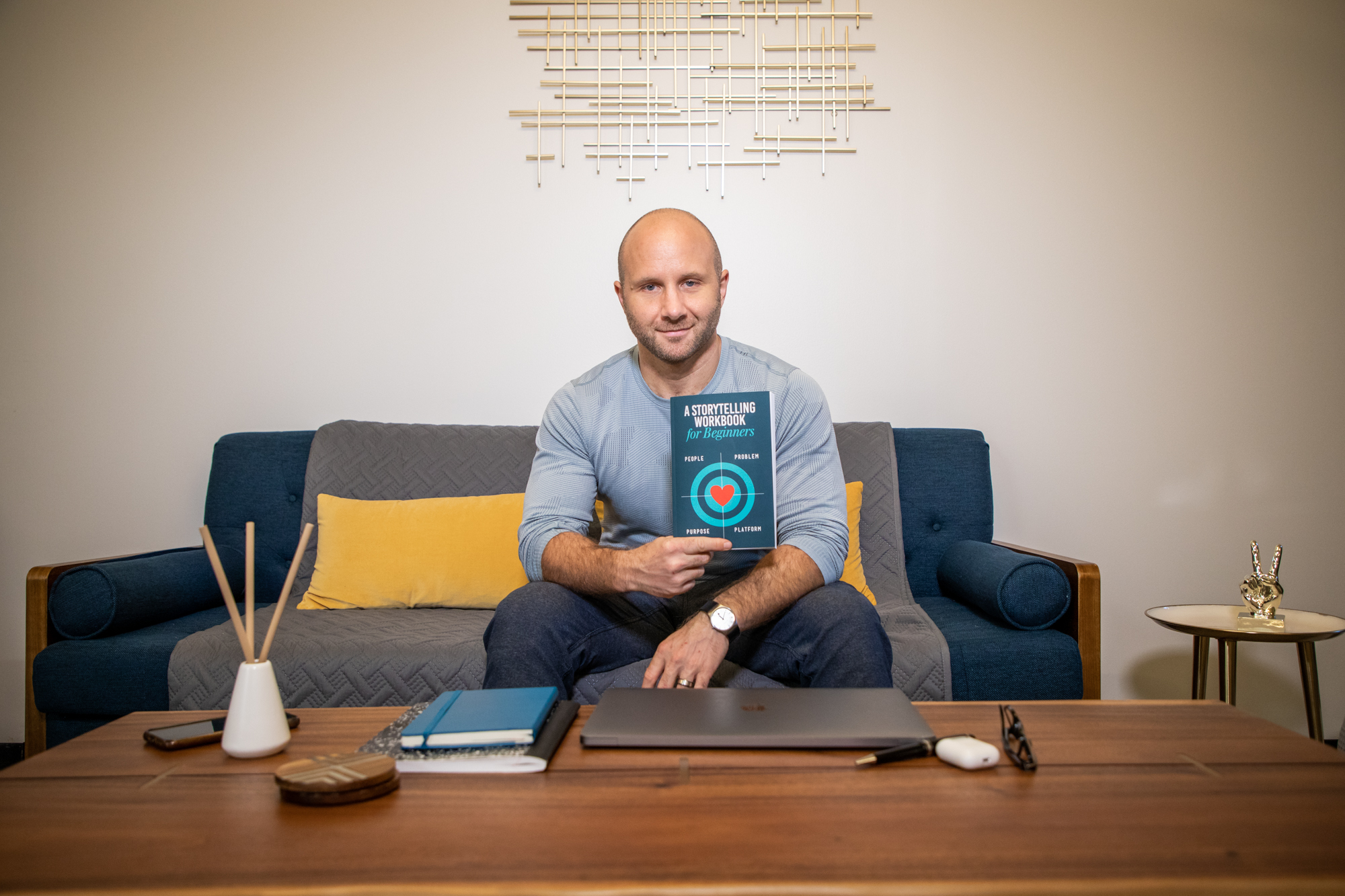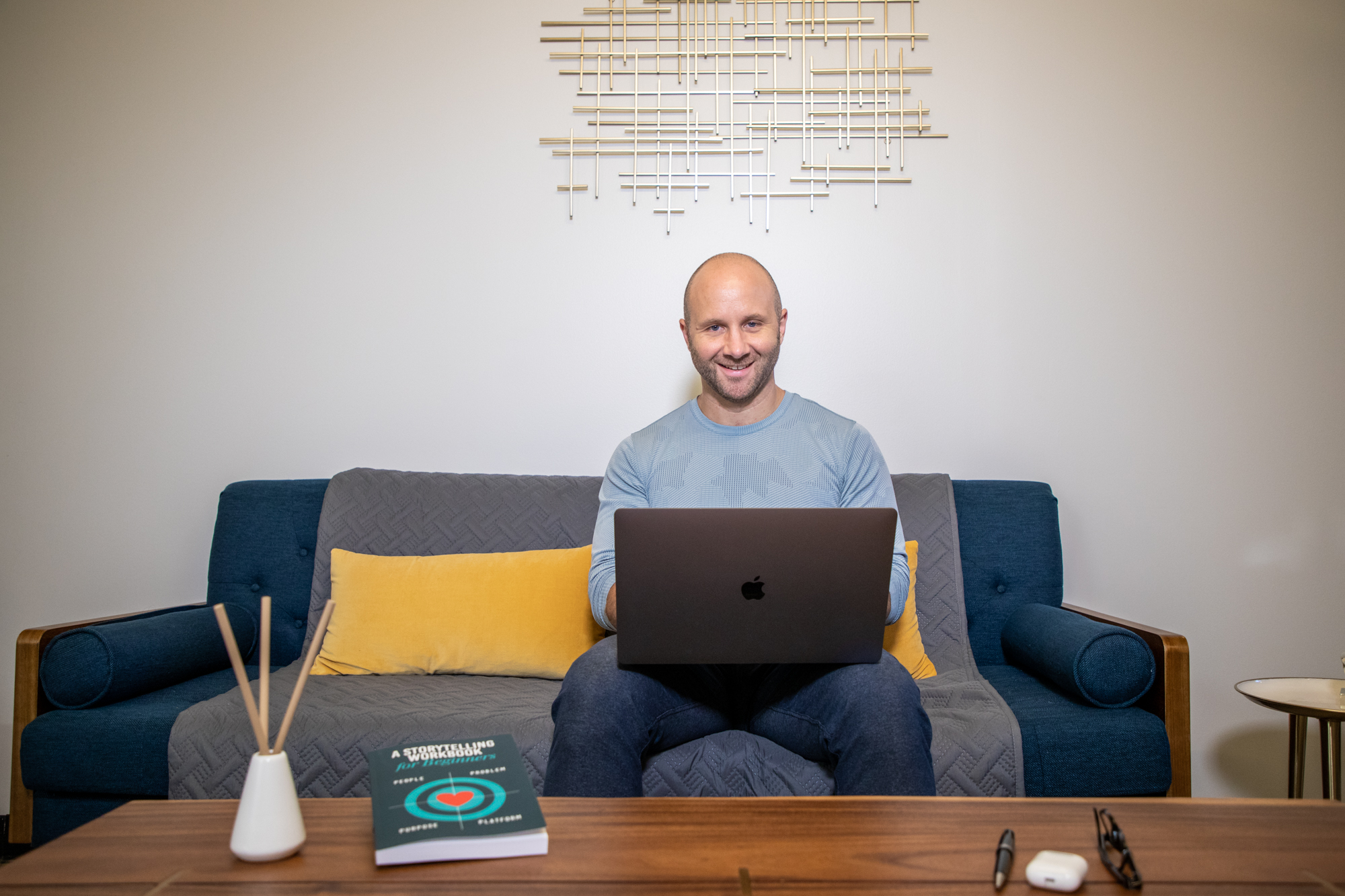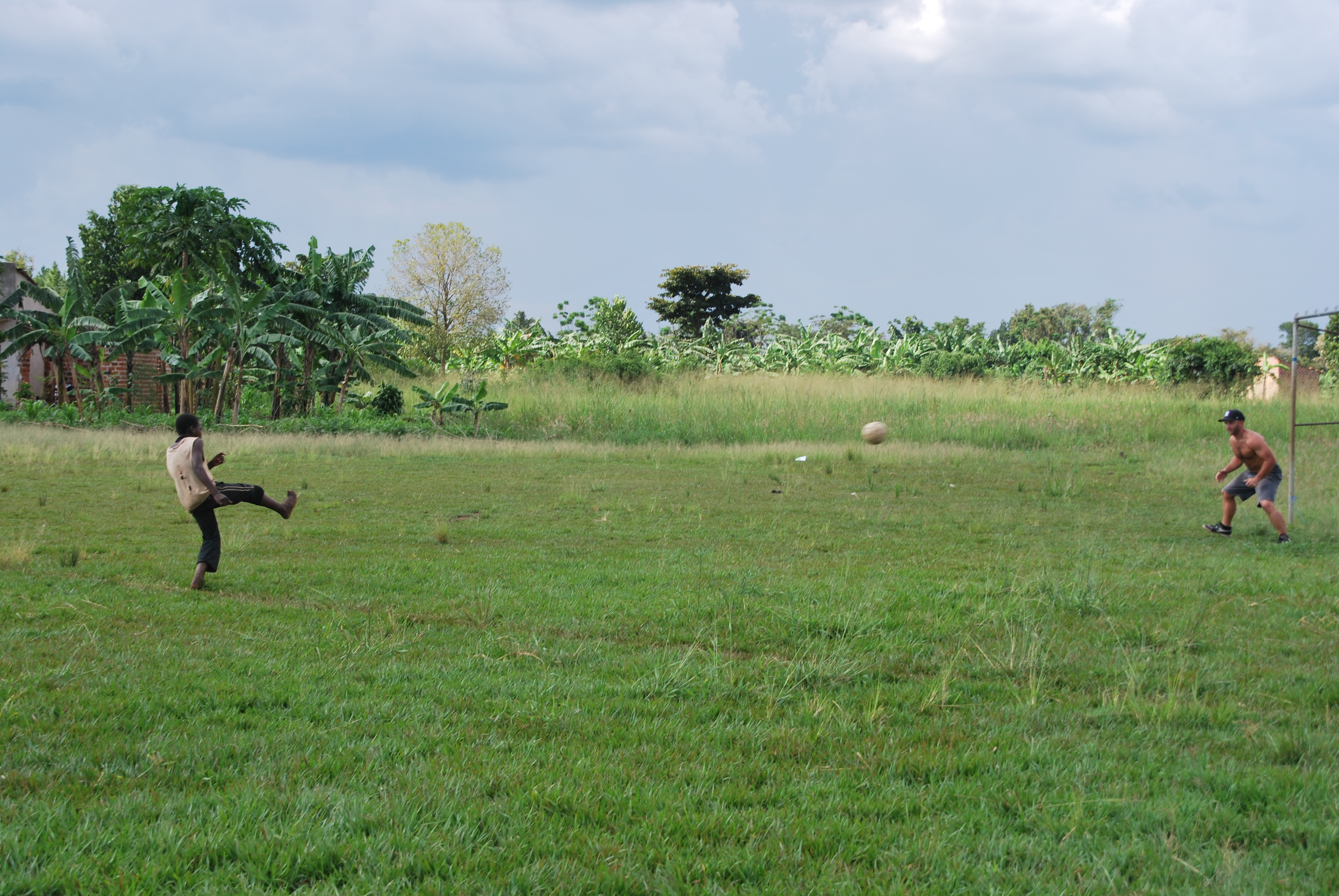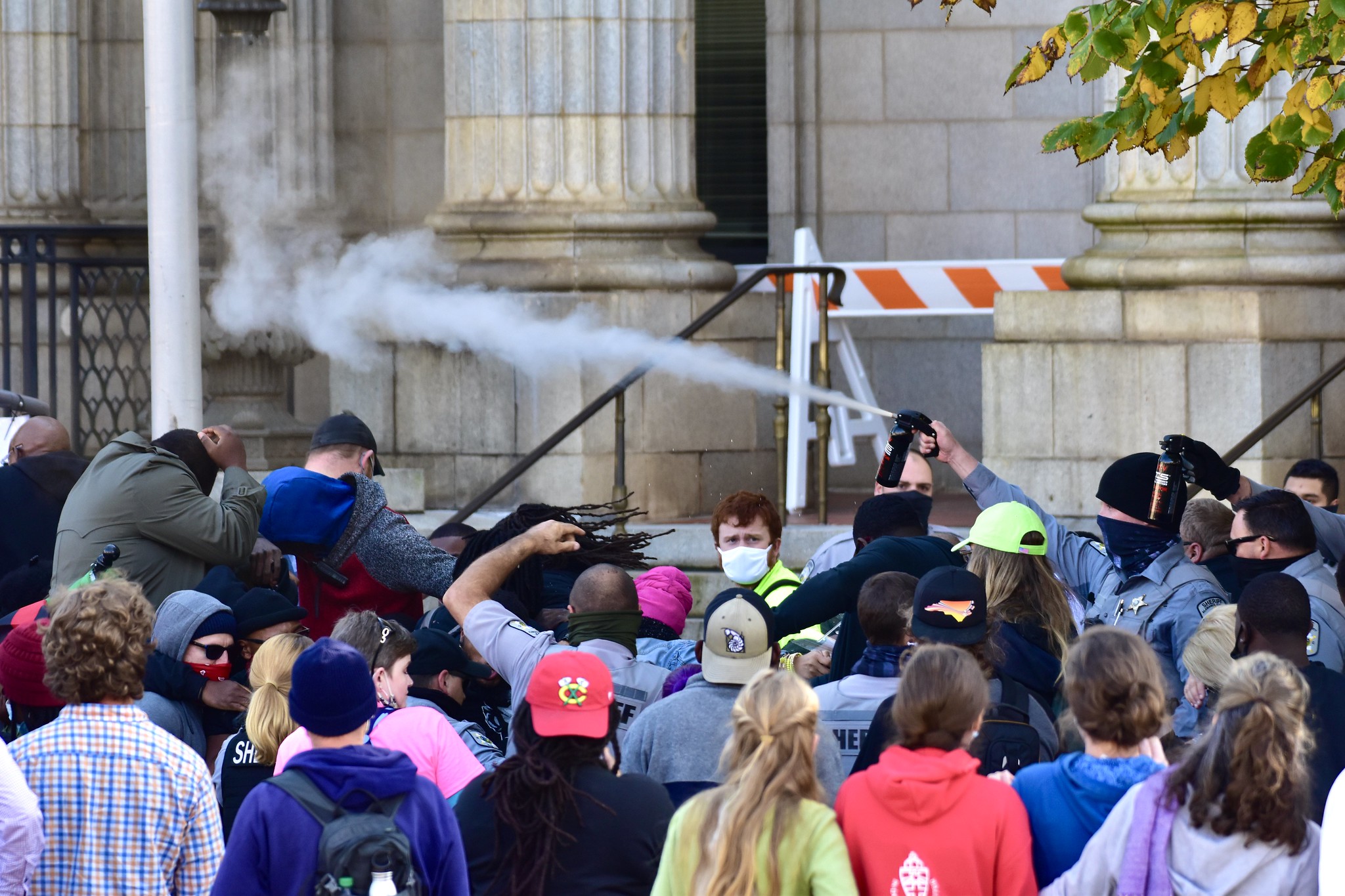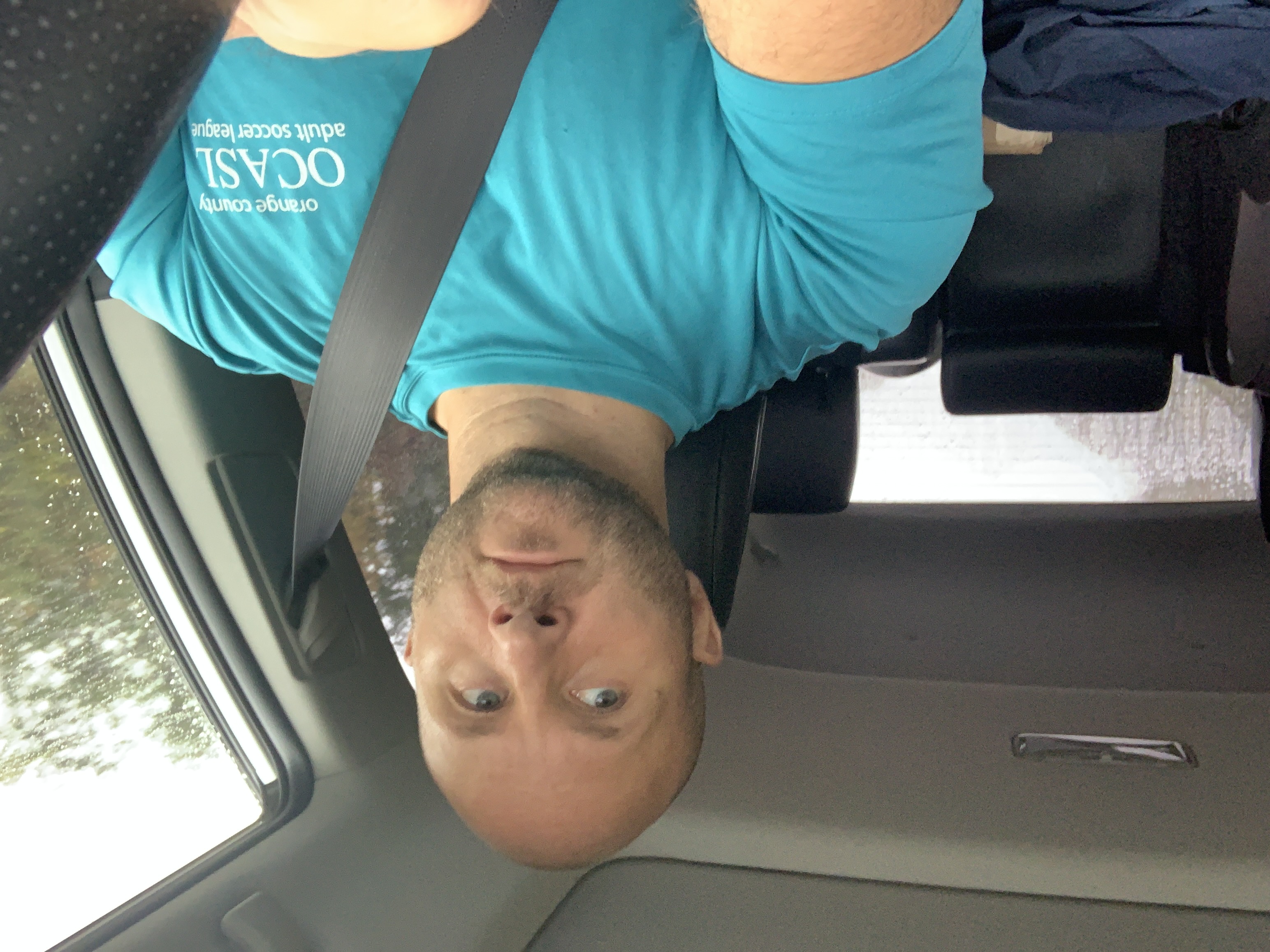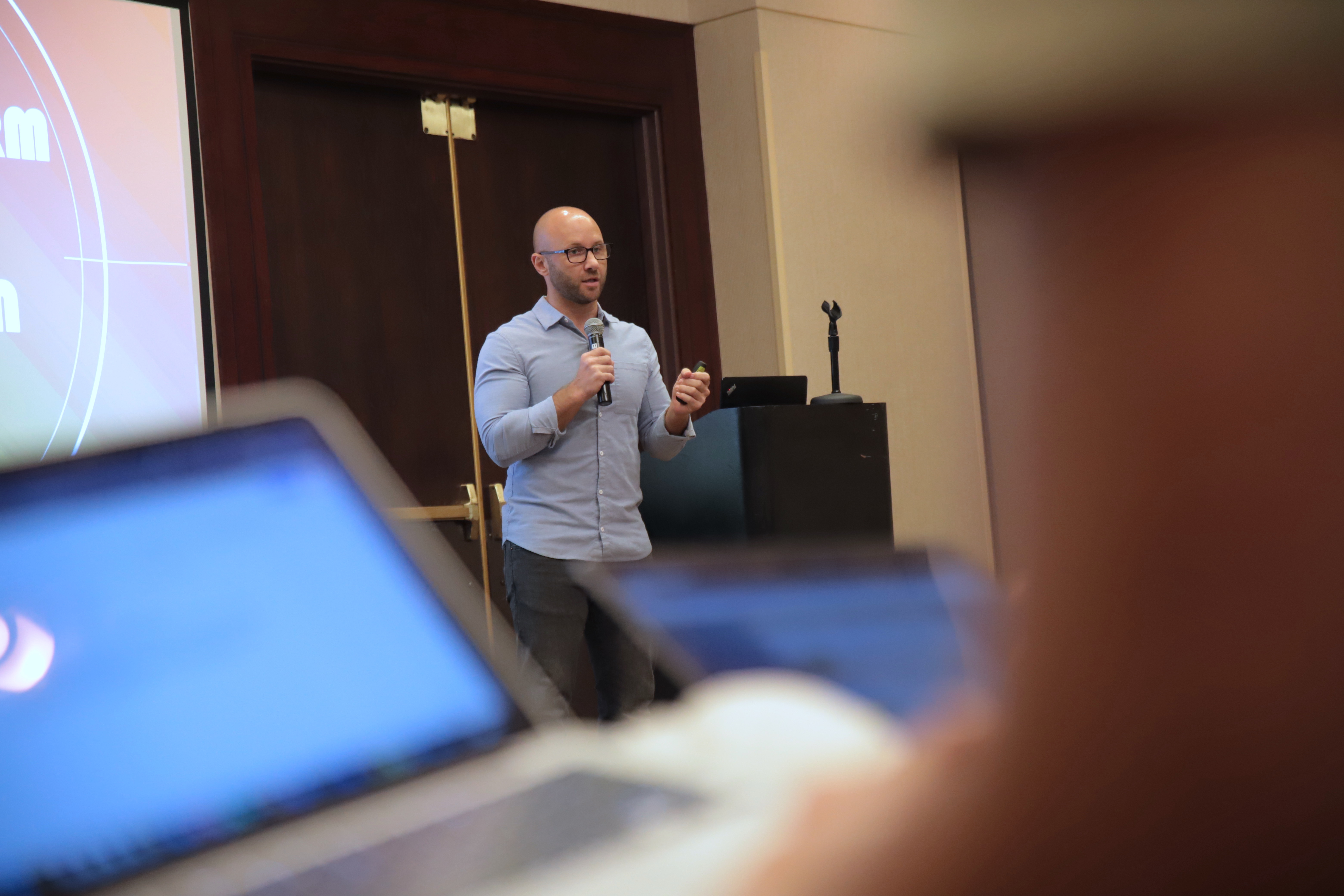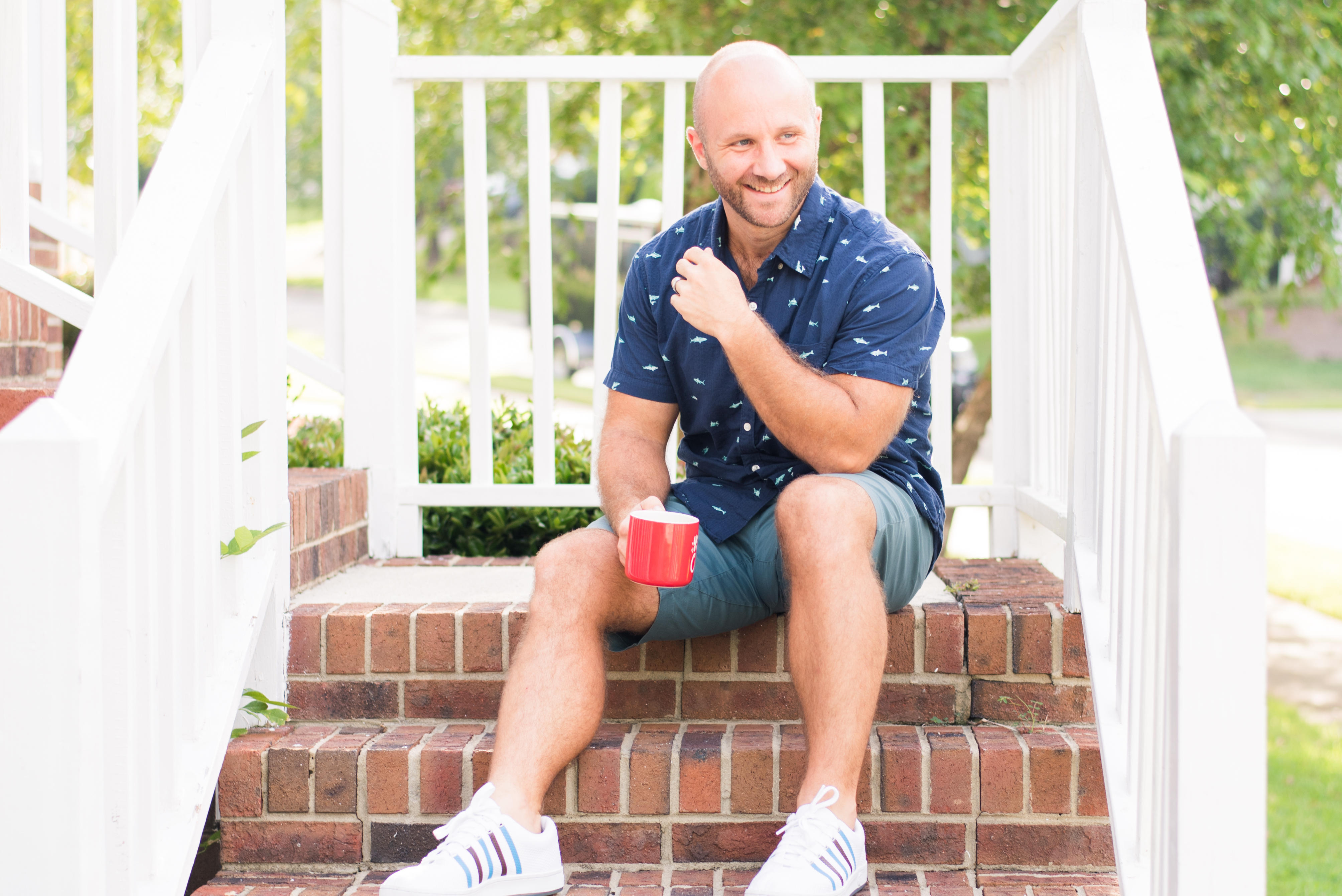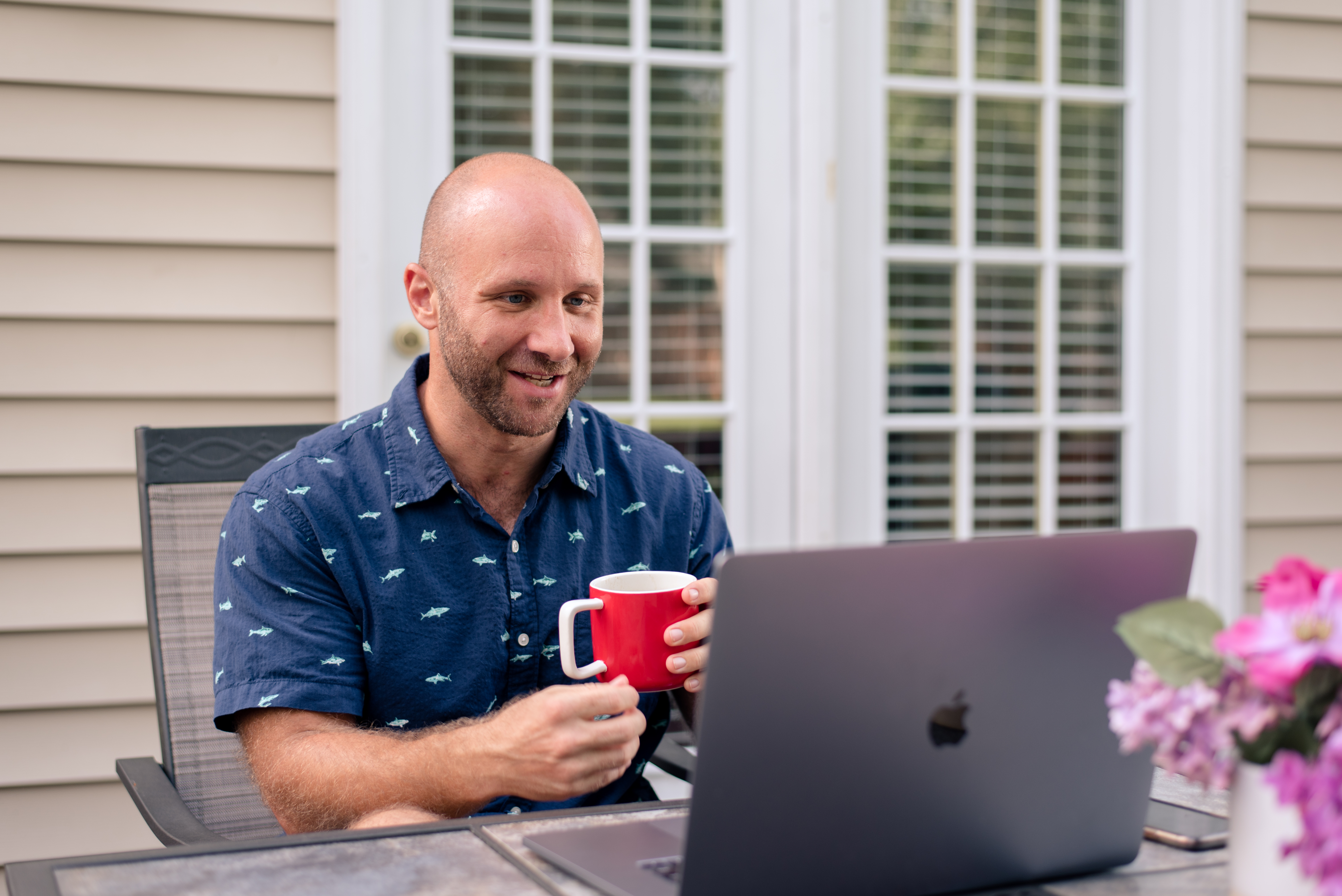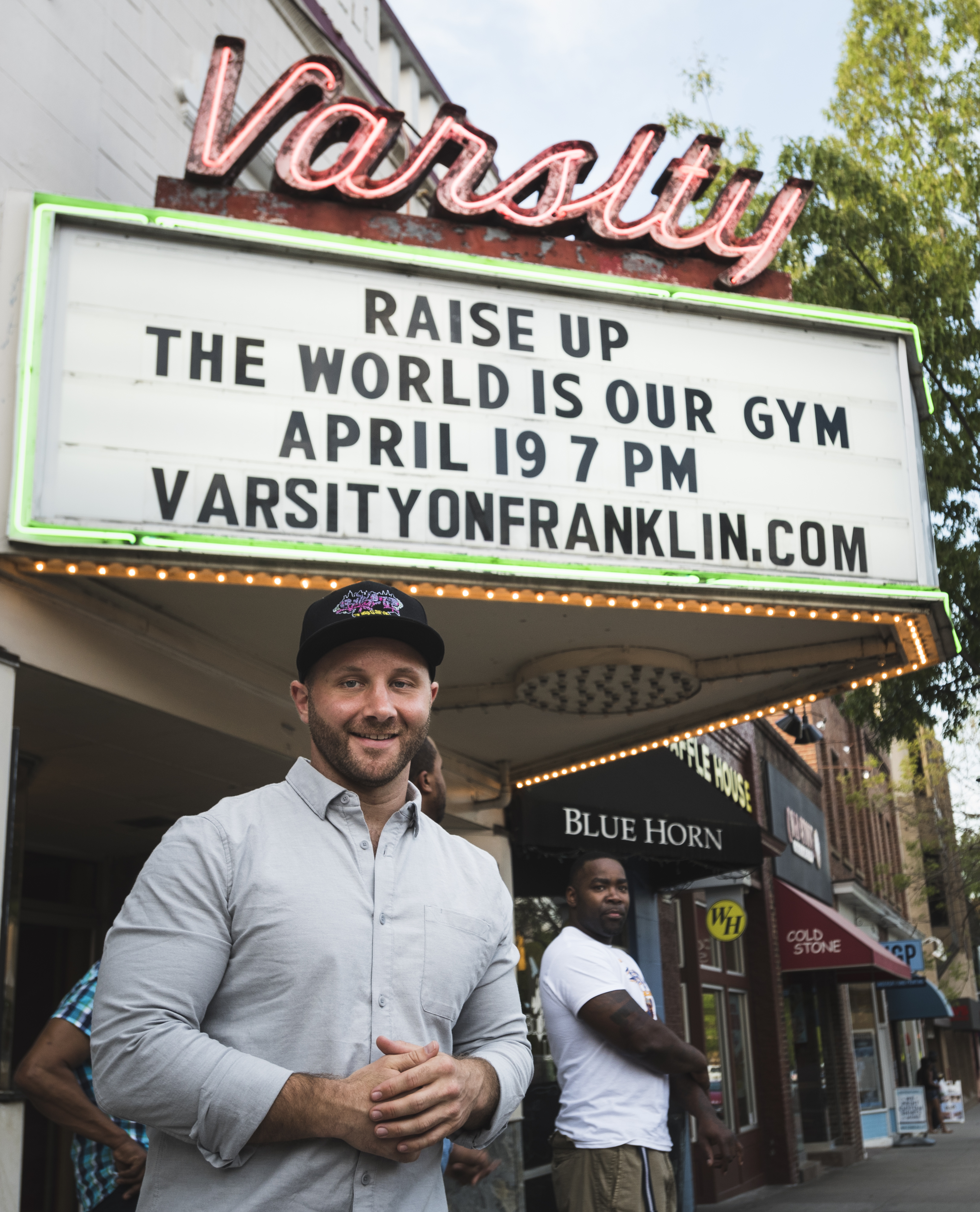 I’ve always considered myself a storyteller, more than anything else.
I’ve always considered myself a storyteller, more than anything else.
I tell people if we lived in simpler times where all we had to do was hunt, gather, and protect our tribes, I would be the guy around the fire at night telling the stories of past generations to entertain and educate the youth. Instead, I live in a time where telling stories — in visual form, text, or the spoken word — is the way I make my living.
The term “storyteller” is overused today and even criticized for being so. I agree that not everyone who claims to be a storyteller actually is one, but I see this overuse as more of a testament to people realizing how much of a role stories play in our lives and even our businesses.
Since the beginning of humankind we have connected through storytelling, whether it was cave drawings or campfire stories. Even though people may come from different places, there are certain universal truths that we all experience. This is the most effective way to promote understanding between different cultures of people.
When we tap into that human emotion of other people, a significant bond is formed. This bond is the first step in building trust. And trust is the first thing that is essential for any relationship.
That connection, that common ground, is everything in a relationship.
There’s a great story I like to tell my clients to show the power of that connection:
In 413 BCE, during a battle in the Peloponnesian War, Syracuse defeated an Athenian army handedly. Those that were not defeated in battle were kept as prisoners to be used as leverage in future negotiations. But what the Athenian prisoners soon found out was that the western Greeks in Sicily were huge fans of Euripides, the playwright from Athens. The prisoners would recite his plays for their captors and receive better treatment during their imprisonment. In some cases, the prisoners were even released for teaching the captors all they could recall of Euripides’s plays!
If anything shows the power of storytelling, this does.
We live in a time where there are so many different ways to tell our stories. One of the best ways, in my opinion, is through documentaries. Documentary film has increasingly become a way to raise money for certain initiatives, change laws, expose, educate, and effect real change. It is truly an exciting time for a filmmaker like myself, because we are living in what many people consider the “golden era” for documentary film.
True, there is much more competition for attention out there. With super affordable equipment and free distribution platforms like Youtube, it seems like anyone and everyone can be a documentary filmmaker these days. But to me, that’s a good problem. There are so many stories that deserved to be told. There are also many more ways to get these stories to their intended audiences now.
For example: I worked on a documentary — a labor of love — for over five years about a small subculture that was emerging in the fitness community called freestyle calisthenics or “street workout.” I was the first person in the world to document it in this fashion. I took a cheap Canon DSLR camera and a backpack and traveled the globe for a year with almost no money.
A couple of years later, I sold that film to Redbull TV. I had never even heard of Redbull TV, and now they have my film available for free to millions of people.
There’s no question that this option would not have been available to me 10 years ago.
Not only do I live in a great time to do what I do, I also happen to live in an area bursting at the seams with its love of documentaries.
This week I will attend Full Frame Film Festival in Durham. It is one of the largest documentary film festivals in North America and has been running since 1998. Filmmakers and film lovers from all over the world will descend upon Durham to share the appreciation of nonfiction storytelling.
The Full Frame team also offers year round screenings in their local theater, panel discussions and special events, and even offer a program to help teachers incorporate documentary film into their curricula.
It was at this festival 13 years ago where I volunteered as a venue manager, still a senior in college, and got the chance to meet the iconic Martin Scorcese. (There’s a tiny chance that may have influenced my career choices).
Now I go back, as often as I can, among peers and colleagues, mentors and heroes, and those that even look up to me as a filmmaker, to see some of the best and most diverse documentaries this year will offer and share our love of stories.
If you get the chance to make it to Durham this week, even for just one film, I recommend it — not only to get the chance to see a story you wouldn’t have seen before, but to feel the vibrant energy of that connection that stories create between people pulsing through the streets.
You won’t regret it.
(Personally, I’m freaking out to see the documentary about Mr. Rogers!)

